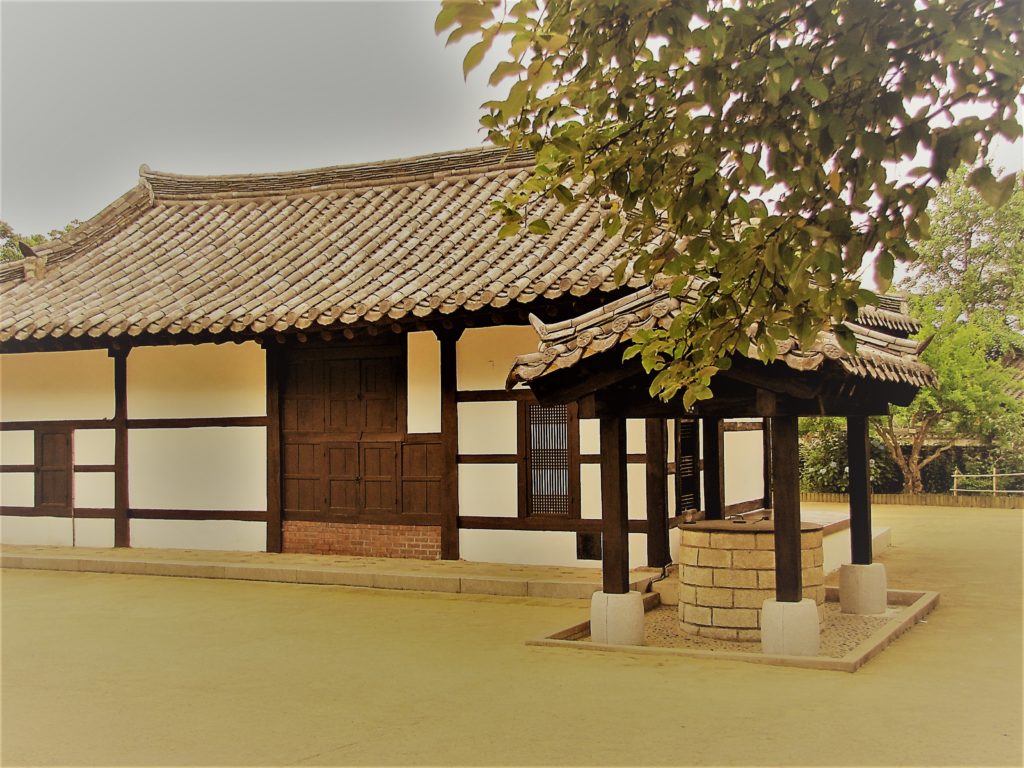Election Day and Government Humbled
March 9th was Election Day in Korea, as the country chose its new president. In every election, this country chooses a new president, because the presidency is a five-year, one-term affair. That is the kind of sound decision a country makes when it is building a new republic after decades as a developmental one-party state. Tucker Carlson and his fellow Putin propagandists, so eager to denigrate Ukraine as an “autocracy” in order to undermine its moral claim against an invading dictator, should take ten minutes to examine the case of South Korea, in order to understand the difference between an entrenched tyranny on the path toward greater incivility, such as Putin’s Russia, and a developing nation on a rocky but inevitable path toward civilization, such as Ukraine today, rebuilding out of the ruins of foreign oppression, much as happened here after the Korean War.
Korea’s transition from autocracy to constitutional democracy was not quick or painless, but neither was it cataclysmic or regressive, and in the aftermath, the hard lessons of the period of autocratic rule took shape in a most basic constitutional principle: No permanent rulers, no semi-permanent rulers. No president gets a second chance to prolong his agenda or worsen the damage beyond the single term for which he was elected. This country’s top elected official will always be humbled by the knowledge that the broader his ambitions, the less likely they are to be fulfilled, given the short tether on which the country holds him. That is as it should be.
On Election Day, a student I know well sent a message to let me know she was going out to vote, in spite of having hesitated over whether it was worthwhile. I replied, “Vote for the one who doesn’t promise to give you things. Of course, I know they all promise that.”
In response to which she inquired, “Because he is more reliable?”
My answer: “Because what they give you is paid for in your freedom and other people’s money.”
A prime example of the practical benefits of executive term limits and the humbling effects thereof:
In the early days of the Covid-19 pandemic, Korea (the first epicenter of the outbreak beyond China) tried to take a relatively measured approach to its restrictions on life and commerce, with the country’s progressive ruling party repeatedly conceding that the government cannot simply curtail all freedoms at random, against the people’s will and rights. As the global response to the pandemic became increasingly draconian and dismissive of all legitimate limits on state authority, however, Korea too became more restrictive, and its restrictions more overtly burdensome and destructive in this society so heavily invested in small, personally-owned businesses of the sort that could not survive two years of “social distancing” rules and public fear.
Over the past several months, however, in response to widespread frustration and a sense of futility and disproportion, Moon Jae-in’s (outgoing) government made a commitment to a new policy dubbed “Living with Covid.” And, most tellingly, the government has stuck to this new, more sensible and liberating approach, recognizing the need to return to life as usual, even as the country has entered by far its biggest wave of the pandemic so far.
After two years as the world’s number one model of universal mask-wearing — almost every single man, woman, and child wears a mask in public here, indoors and outdoors, whether working in groups or walking alone — and the global leader in the privacy-obliterating abomination of “contact tracing,” and with vaccination rates well into the range that we were once told would be needed to achieve herd immunity, Korea at this moment has hundreds of thousands of daily cases (i.e., positive tests), whereas at the previous peaks of the outbreak, even one thousand daily cases was considered extreme and worthy of severe social distancing restrictions on education and work. Let me reiterate this point: Korea, after two years of consistent and universal mask-wearing and increasingly severe social distancing rules, is currently dealing with a case load a hundred times greater than during any previous wave of the pandemic.
The lesson here, tacitly admitted by the Korean government, unlike any other government I know in the advanced world, is that all these restrictions and assaults on liberty over the past two years, in the name of “public health,” were a failure. It didn’t work. And admitting that (without openly saying it, of course — no government will ever say such a thing openly), the Korean government has made the choice that only a government humbled by its constitutional limits would make: They have rejected the knee-jerk inclination to revive the draconian social distancing measures and lockdowns, and insisted on forging ahead with the reality of “living with Covid,” in spite of the unprecedentedly large number of cases. In other words, the government has quietly accepted that government, even with the most compliant population, cannot make every problem disappear, and should therefore stop trying.
It is a minor miracle in the contemporary history of world government: an acknowledgment of non-omnipotence, and an expression of willingness to adjust a failed public policy in the direction of voluntary action and personal responsibility, rather than in the direction of greater state controls and more paternalistic coercion. In the late modern world, even the smallest step in the right direction — the direction of political moderation and rationality — must be clung to as a glimmer of hope that humanity is not quite completely lost yet. Close, but not quite.



